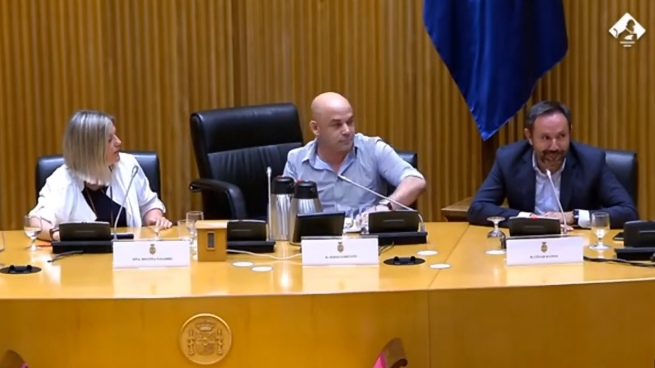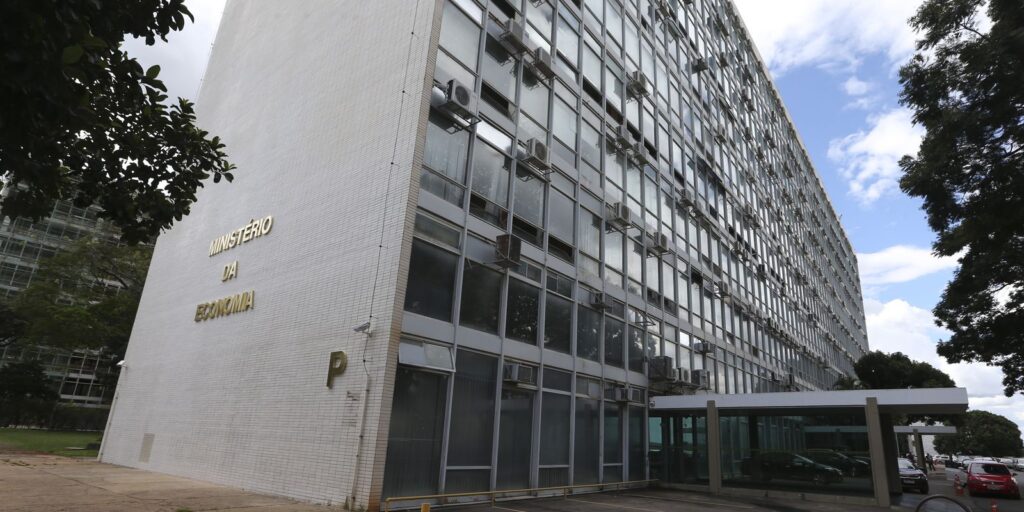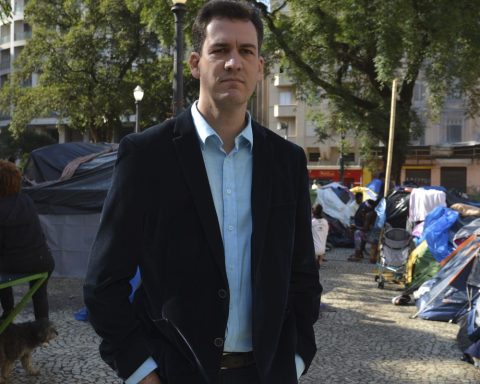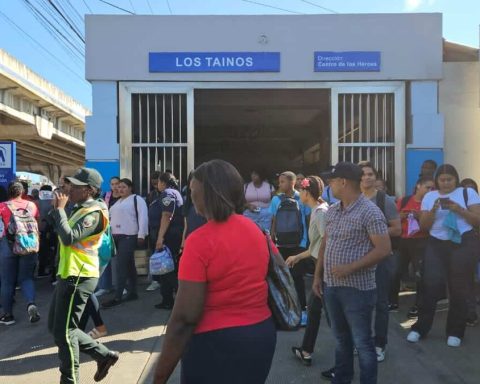The meeting organized by the Fundación Sociedade Digitales and the Socialist Parliamentary Group in order to reflect on how the public sector can take advantage of the technological changes underway, was opened by the president of the Chamber of Deputies of the Nation, Sergio Massa, who participated virtually.
“The need to understand how artificial intelligence is going to modify the functioning of State institutions put us and puts us to the test every day,” said the leader of the Renovating Front, and remarked: “I understand that in a world where that in the next 10 years we are going to discuss new ways of working, new ways of legislating and new ways of functioning as a society, it is key that politics lead the discussion”.
Referring to his Spanish colleagues, the deputy said that sharing this experience “allows us to see how from other countries they try to lead the forefront of the application of artificial intelligence to institutions and how we can learn, above all things, how we can join to that world to come”.
Along with Massa, the opening of the event was led by the spokesman for the Socialist Parliamentary Group of Spain, Héctor Gómez; and the Secretary of State for Digitization and Artificial Intelligence of Spain, Carme Artigas.
Artificial intelligence. He started the forum in Madrid. Follow him online here: https://t.co/lLMrJfvCKC#powerofalgorithms @SergioMassa @CarolinaMoises @CesarJRamos @MaxDelupi @sdigitales @WorldGrace @carmeartigas @gpscongress @DiputadosAR pic.twitter.com/ZjCshUu07r
– Sebastian Lorenzo (@SebaLorenzoAR) June 22, 2022
The meeting included, among others, the participation of Argentines Carolina Moisés, national deputy for Jujuy; Luis Papagni, Undersecretary for Administrative Innovation of the Headquarters of the Cabinet of Ministers; and Juan Manuel Cheppi, General Secretary of the Presidency of the Chamber of Deputies, in charge of the General Directorate of Innovation, Planning and New Technologies.
Likewise, the Spaniards presented Diego Rubio, director of the National Office of Foresight and Strategy of the Presidency; Daniel Innerarity, holder of the Artificial Intelligence and Democracy Chair at the European Institute in Florence; Esther Peña Waiter; deputy for the province of Burgos; and Antonio Ruiz Valdivia, Head of Politics for the Huffington Post, among others.
In #Madrid beside @carmeartigas by the Spanish Government ?? legislators, academics and prestigious experts in several countries participated in the meeting: “When will algorithms govern us?” in the @Congreso_Es organized by @gpscongress @sdigitales with @SebaLorenzoAR ⬇️ pic.twitter.com/uYRyTRImgZ
– Carolina Moises (@CarolinaMoises) June 23, 2022
In the Panel on “Politics and Government facing the digital challenge” with @CesarJRamos @Nagodelos with @MarcoAracama we talked about #powerofalgorithms
Among other topics, I spoke about #fakenews #digital natives #Education and how it impacts us #Argentina Digital Transformation ⬇️ pic.twitter.com/1RKz7RUs4H
– Carolina Moises (@CarolinaMoises) June 23, 2022
“In the context of the advances in the digitalization process that is being carried out by the government of the Argentine Republic in provinces and municipalities through the federal program of Digital Public Transformation, and within what we call an intelligent government, is where the interaction with the citizens and the interpretation of the data that each citizen and citizen contributes takes place to later transform it into benefits that impact on more and better public policies to be implemented”, framed Papagni when speaking in the panel called “The Power of algorithms ”.
In this context, the official explained: “We must think about a next step, which is to go towards a cognitive government. A government that uses the data it has, maintaining its privacy and anticipating the facts of the citizenry, and then responding in advance with the aim of facilitating the daily life of each citizen. For this reason, from our government we promote the resolution and transparency of the procedures within the framework of the digital transformation focused on citizenship”.
Together with the undersecretary, they presented the Spanish economist and author of the book “Is an algorithm going to replace you?”, Lucía Velasco; the Spanish lawyer, essayist and author of Datanomics, Paloma Llaneza; and Juan Manuel Cheppi.
The remaining three panels developed during the day were “Analyzing the future to put technology at the service of the majority”, “Communication in the fake news society” and “Politics and government in the face of the digital challenge”.
The closing of the day was in charge of the spokesperson for Digital Transformation of the Socialist Parliamentary Group in Congress, Begoña Nasarre Oliva; the deputy for Cáceres and author of Hacker Democracy, César Ramos; and the president of the Digital Societies Foundation, Sebastián Lorenzo.


















